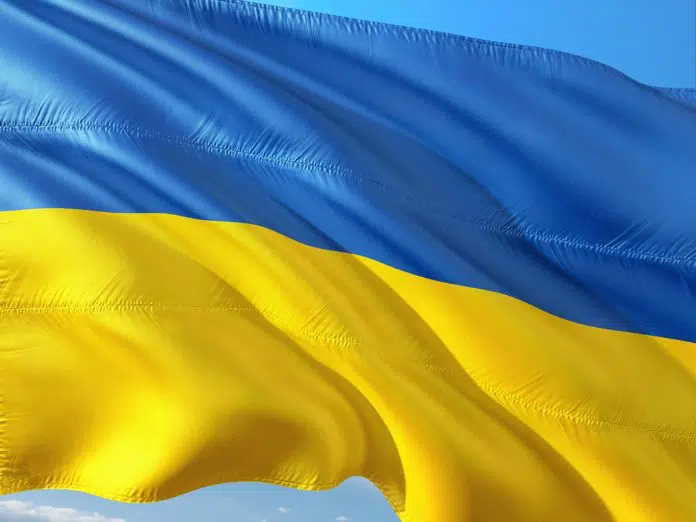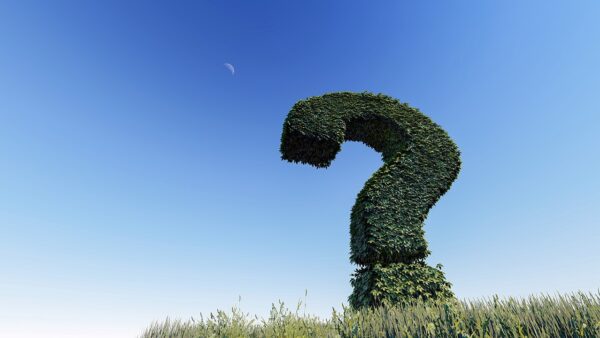On the 7th of Oct. 2020, the European Parliament formally adopted its position supporting the Commission’s proposal to grant equivalence to cereal seed produced in Ukraine following a positive report from the Agriculture Committee. The vote represents the end of the saga in the European Parliament. I believe it is fair to congratulate first both the unit in charge of seeds at the European Commission and MEP Veronika Vrecionová, the rapporteur of the dossier in the European Parliament, for the strong defence of their positive position.
For those who might not be fully familiar with this topic, Ukraine requested the cereal seed equivalence way back in 2011, which officially triggered the start of the process. The European Commission sent a delegation to perform an audit in 2015 which concluded positively about the equivalence. Meanwhile, the EU and Ukraine also discussed and signed an Association Agreement, including a “Deep and Comprehensive Free Trade Area” (DCFTA) between both blocs and everything seemed going smoothly.
However, due to some later differences of opinion about the DCFTA and the upcoming European Parliament elections (in 2019), the European Commission already in 2018 decided to freeze the dossier and have the new Commission sort things out. So, we had to wait until 2020 and the new Commission firmly in place to resume the work and proceed with the request.
Based on the positive results of the field inspections and following the appropriate legislative procedure, the Commission proposed in February to grant cereal seed equivalence to Ukraine. The Council unanimously decided to treat the proposal as a technical matter and engage in discussions with the other EU Institutions right from the start to speed things up. The Parliament, however, decided to follow the ordinary procedure and first discuss it internally and, foremost politically, prior to taking a decision on the issue.
During two very interesting debates in the Agriculture Committee of the European Parliament, various MEPs and groups criticised the proposal as being contrary to the (economic) interest of Europe in general and of some of their constituents in particular. From their point of view, despite the establishment of the DCFTA between the EU and Ukraine, trade and competition should only work to open new markets for the EU but not the other way around.
Clearly, the current grim economic outlook due to the COVID situation but also overarching European discussions on “strategic sovereignty”, the need to “protect” Europe from imports that may be produced under different yet equivalent regulatory requirements, and the wish to please specific national or sector interests all contributed to this criticism and the consequent proposal to simply reject the Commission’s proposal.
The European Commission defended its proposal with very good arguments, and so did the rapporteur and several other Members of the European Parliament without whom the positive final outcome would not have been achievable. From the seed sector, both Euroseeds and the Seed Association of Ukraine have engaged in many constructive debates with lawmakers and other interested stakeholders in order to highlight the importance and the benefits of the equivalence:
On the one hand, EU-based companies have heavily invested in seed production facilities in Ukraine to reduce production risks caused by the more and more frequent extreme weather events in Europe, especially for maize seed production, and to avoid negative effects for their customers — European maize farmers. On the other hand, Ukraine has been able to adapt their rules in order to make them compatible with the (not-always-easy-to-meet) EU standards. As a consequence, equivalence will not only contribute to higher availability of high-quality maize seed for EU farmers and support the development of new market opportunities for the seed sector; it was also highly deserved and a logical consequence of the professional transformation of the Ukrainian seed sector and legislation. In fact, the equivalence proposal actually is the fundamental proof that in some cases the rather high EU standards can actually shape politics, economics and product qualities in third countries, sometimes based on respective investment decisions of EU companies and their partners in those third countries.
What all of this shows is how many ups and downs there are in the legislative procedures and how easily a technical debate can become political with very differentiated opinions. In these cases, it is the willingness of the institutions to engage, as well as the work of the concerned stakeholders, associations like Euroseeds and the Seed Association of Ukraine, that may help to move discussions back on course and finally advance in the right direction.













